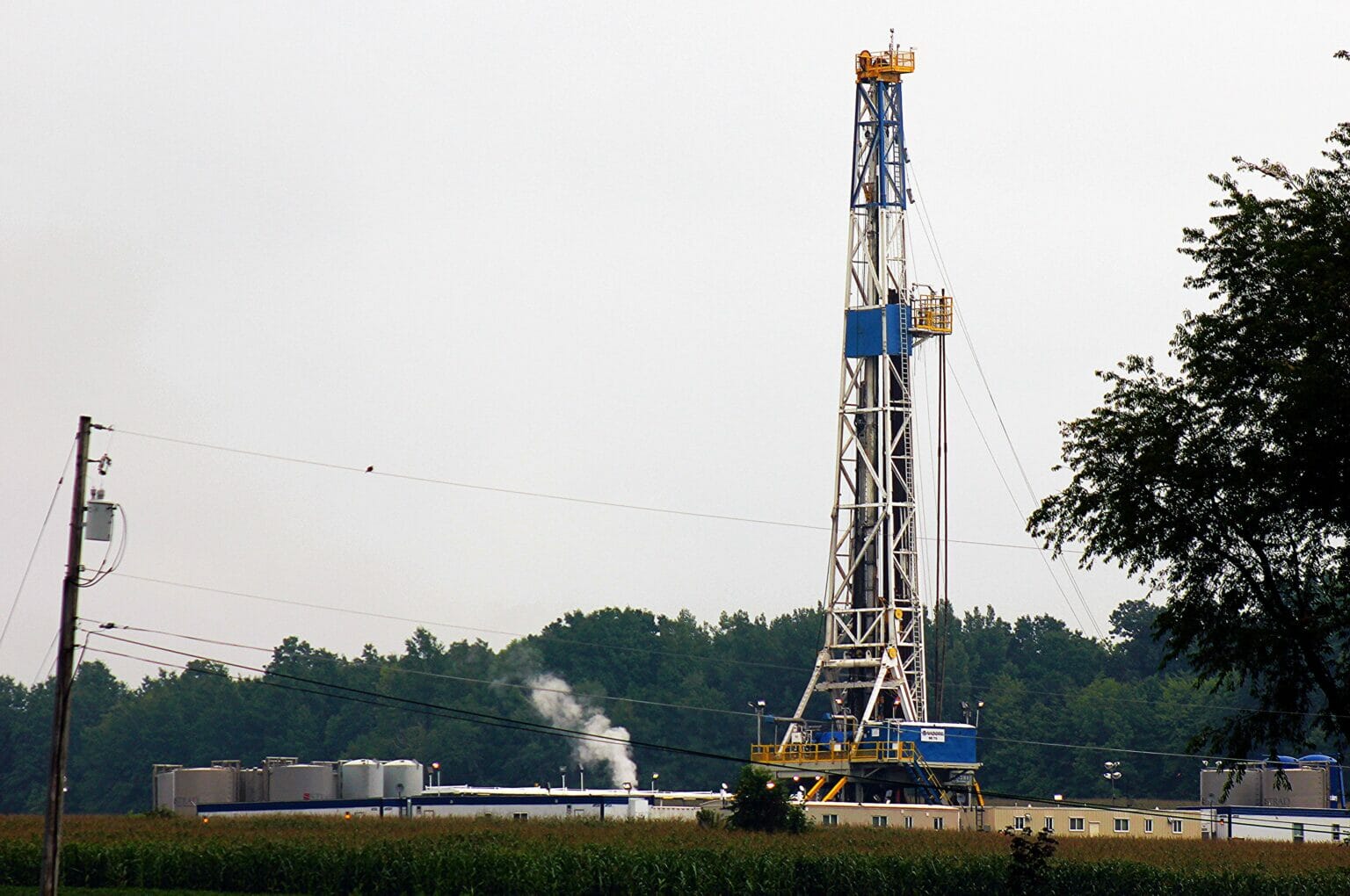The fracking ban in the UK has been lifted. The contentious procedure was put on hold in 2019 due to worries over its impact on the environment.
On Thursday, the United Kingdom removed a prohibition on the practise of fracking for natural gas, citing the country’s growing demand for energy.
The announcement that the ban would be lifted was made by Jacob Rees-Mogg, the Secretary of State for Business and Energy. He said, “Strengthening our energy security is an absolute priority,” and that the UK must “realise any possible supplies of domestic gas.”

In 2019, the practise of fracking, often known as the extraction of shale gas from rocks by breaking them up, was made illegal because of fears that it could cause earthquakes. Over the course of that year, a fracking site in Lancashire recorded more than 120 earthquakes, the vast majority of which were not strong enough to be felt. Residents of Blackpool reported being awoken in the middle of the night by the strongest earthquake triggered by fracking, which happened in 2011. The earthquake had a magnitude of 2.3.
Earlier in the month, Prime Minister Liz Truss made the announcement that fracking would be permitted in areas where there is widespread community support for the practise.
The decision to relax the prohibition was made after the British Geological Survey (BGS) published a paper in which it stated that because there has been so little fracking done in the United Kingdom, it “remains problematic” to quantify the seismic impact of the practise.
Energy costs have skyrocketed in the UK and the rest of Europe with the dramatic reduction in the flow of energy from Russia, and governments rushing to obtain alternative suppliers.
